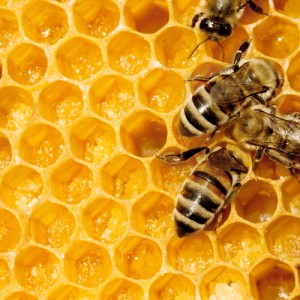Betty’s facelift
Meet Betty the lovely Bassett Hound. Betty is 3 years of age and as you can see from the photog..
+ Read moreAn ancient remedy in the management of open wounds, honey has the ability to absorb water and reduce oedema and facilitate debridement.
Unpasteurised honey also has antibacterial properties with Manuka honey considered the most potent.How does honey kill off bacteria ? No one yet is quite sure – Honey is acidic with a pH of 3.6, highly osmotic and naturally produces hydrogen peroxide in small quantities, which when oxidized further, produces oxygen derived free radicals which may be damaging to bacteria.
But is there something else in honey that makes it so successful in gaining control of infected wound beds? The unique Manuka factor UMF correlates to the antimicrobial potency.
The higher the UMF, the better the antimicrobial effect. The UMF is not related to its peroxide property and is sometimes called the non peroxide activity factor. Honey purchased from supermarkets will have been pasteurized and this process will reduce any antimicrobial properties of the honey. Medically formulated Manuka honey for pets is commonly available nowadays in gel or impregnated dressings and is a strong favourite used by Visiting Vet Specialists.
